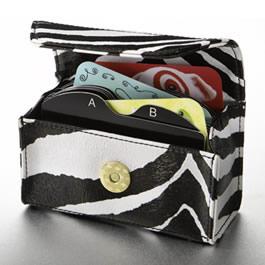GIVE YOURSELF A BREAK TODAY
 Monday, August 1, 2011 at 7:27PM
Monday, August 1, 2011 at 7:27PM If you’ve ever wondered what you’d do without a microwave oven and a take-out pizza, computer, printer, cell phone, and the list goes on. Well, maybe it’s time to rethink how wonderful they really are. If modern technology was supposed to be so “freeing” then why did our grandmothers and maybe even mothers seem to have more free time and less of these, so called conveniences? They even had time to hang clothes on the line and bake pies! What’s the deal?
Well, these labor-saving devices cost a fair bit of money thus if we want them we must have enough income to buy them. Two pay checks may be needed or lots of extra work by one person, thus time pressure. Is it really worth it?
If you’re feeling this kind of pressure lately maybe it’s time to consider some of the following suggestions: Take a nap. What? You’re wondering if you read that right. Yes, you did. Believe it or not history records many prominent leaders manage to take time for a naps. Winston Churchill, for instance, at the peak of World War II, insisted on an afternoon nap. He once wrote, “I regretted having to send myself to bed like a child every afternoon, but I was rewarded by being able to work through the night until two or even later.”
Other nappers from history include Napoleon, Anwar Sadat, Thomas Edison, Harry Truman, and… Judy Warmington! I love naps! It’s not a waste of time according to sleep researchers who are near consensus that regular naps improve alertness, energy, and mood. So, I don’t know what you‘re going to do right now, but I have to get going… (yawn)…and get my nap in today….









